Why is genetic testing important?
The influence of our family heritage has far more to it than our name and nationality, as Anna Richardson finds out with the help of Dr Anju Kulkarni, consultant clinical geneticist at HCA UK’s London Bridge Hospital.
As the two unzip the secrets of our genes and dive into the past, present and future of our health, Anju emphasises the importance of genetic testing - breaking down the basics of our genes as being like “instructions for how we grow and develop…our body reads them like a book.” Retaining the literary comparison, Anju goes on to describe how “it’s important that genes are read properly by our body and carry out their function…if they can’t they can develop into a disease.” An interesting analogy particularly as dominant genes, such as baldness in men often, don’t appear until well into the middle chapters of our own lives.

Special guest Michelle Heaton
This is certainly true of popstar and presenter Michelle Heaton, who talks movingly to Anna about how inheriting the BRCA gene from her father, a gene that increases a woman’s risk of getting breast and ovarian cancer, has changed her life.
Up until this point Michelle freely admits she’d adopted the “ignorance is bliss” mentality for most scenarios, but it was giving birth to her daughter Faith that drove her to finally be tested, and after being diagnosed with the BRCA gene she went on to have a double mastectomy, and later a hysterectomy after having her second child. Michelle has turned a very tough personal experience into a positive though, living a healthy life as a qualified fitness trainer and continuing to drive awareness about genetic testing.
Listen to Health: Fact vs Fiction - Genes unzipped on Apple podcasts now.
Listen to Health: Fact vs Fiction - Genes unzipped on Google podcasts now.
Listen now
Gene fact
We've got 20,000 genes in our bodies. And we don't know what most of them do yet.
Anju describes genes as our instructions for how we grow and develop. It’s like our own recipe book. Mutated genes are effectively like spelling mistakes or missing words in that recipe book.
Gene fiction
If you look like your mum, you're going to inherit her health problems.
Anju says while you may have your mum’s blue eyes, this doesn’t mean you’re going to get her ailments. In this episode, Anju guides us through how genes are passed from generation to generation.
Cancer Gene fiction
Most of the cancers that people get are inherited.
In fact most cancerous cell mutations are down to environmental factors. Only about three to five per cent of all cancers are due to an inherited gene mutation.
BRCA Gene Fact
You’re as likely to get the mutated ovarian cancer gene from your dad as you are from your mum.
It’s a misconception mutated genes, including BRCA, are only passed down the maternal line. Fathers can be carriers of mutated breast and ovarian cancer genes too. That’s what happened to Michelle Heaton. The TV presenter and chart-topping pop star found out she was carrying the mutated dominant gene, BRCA2, in 2012. Having the mutated BRCA2 gene significantly increases someone’s chances of getting breast or ovarian cancer. Michelle tells us about her decision to undergo a double mastectomy and total hysterectomy to reduce the risk of contracting the disease - and her fears that she may have passed the mutated gene on to her daughter.
Anju talks about the counselling support available to women to help reach the right decision for them if they are carrying a mutated gene like BRCA. And she says it’s important women and men who feel they are at risk of cancer see their GP or get expert advice from consultant clinical geneticists or genetic counsellors, rather than seek out online tests.
What to do next
- Subscribe wherever you get your podcasts, Apple itunes, Google Playstore
- Rate and review us wherever you get your podcasts
- Listen to the next episode
- Follow us on Twitter, Facebook, LinkedIn and YouTube
- Get in touch
Guests in this episode
Dr Anju Kulkarni
Dr Anju Kulkarni, consultant clinical geneticist at The London Bridge Hospital, part of HCA Healthcare UK.
Dr Anju Kulkarni leads the south east Thames cancer genetics service, which serves a population of approximately five million across south London, Kent and east Sussex.
Anju graduated with distinctions in medicine and pathology from Imperial College School of Medicine and subsequently trained at specialist level in medical oncology, at University College London Hospital, and clinical genetics at Guy’s and St Thomas’ hospital, the Kennedy-Galton centre and the Royal Marsden hospital, before being appointed to her current NHS consultant post.
She has developed several regional guidelines for the management of individuals with an inherited susceptibility to cancer. She leads multidisciplinary specialist clinics for BRCA1/2 gene mutation carriers and other rarer hereditary cancer conditions and is medical advisor to the Genetic Counselling Registration Board. She has extensive clinical and academic experience in cancer genetics and has published, presented and taught on the topic at a national and international level.
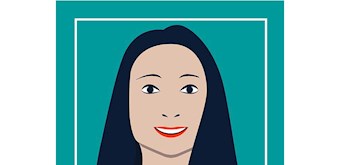

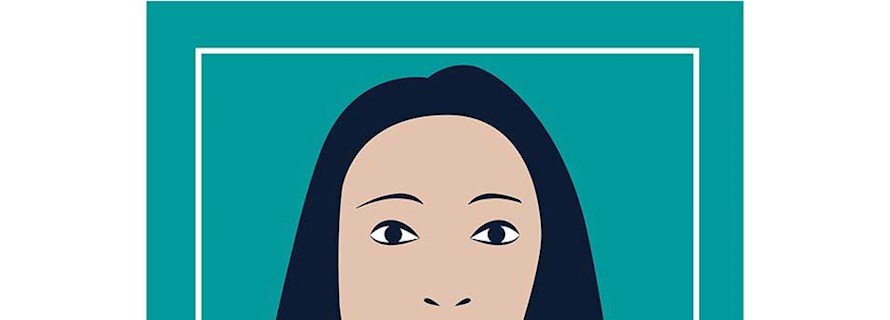
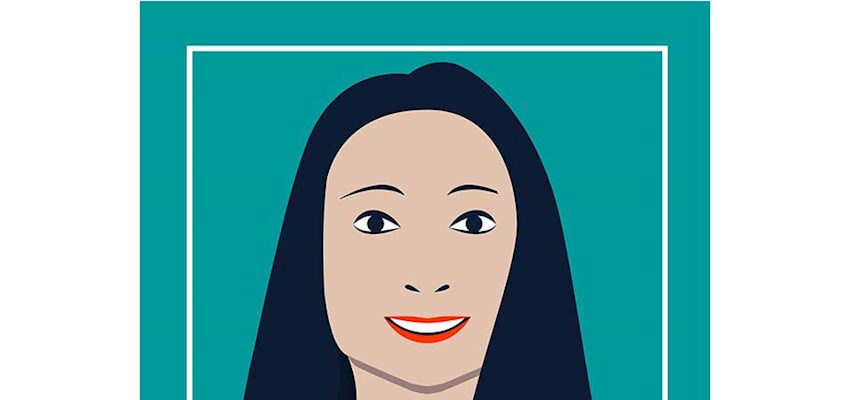
Michelle Heaton
Michelle Heaton is best known for being a singer in the band Liberty X. She is also an actress, TV presenter and fitness enthusiast.
Her two children, Faith and AJ, also keep her and her husband Hugh Hanley very busy, with Michelle being a formed winner of Disney's Mum of the Year.
Michelle hit the headlines for making the brave decision to have preventative surgery (a double mastectomy and hysterectomy) to prevent cancer, due to the strong genetic predisposition in her family (the BRCA gene). With this plunging her into early surgical menopause, this year Michelle released the book 'Hot Flush, Motherhood, the Menopause and Me'.
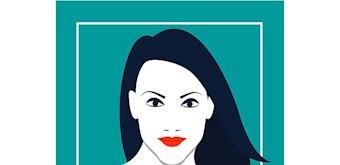

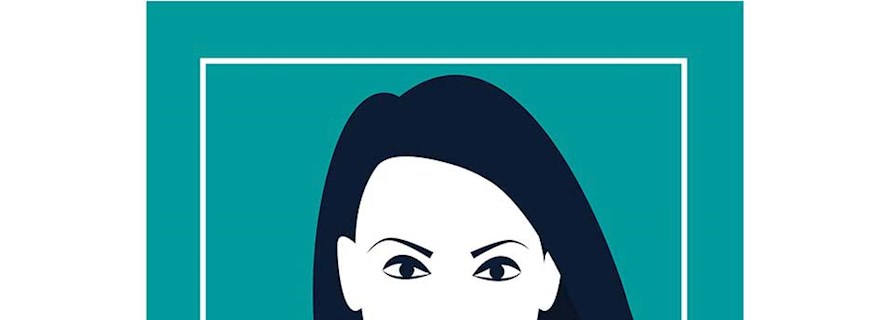
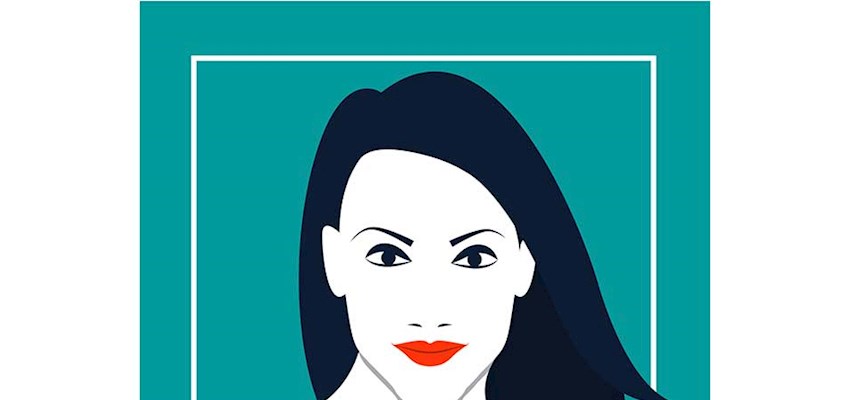
Locations of our genetic testing clinics
Throughout the HCA UK group with offer genetic testing at a number of our clinics.
